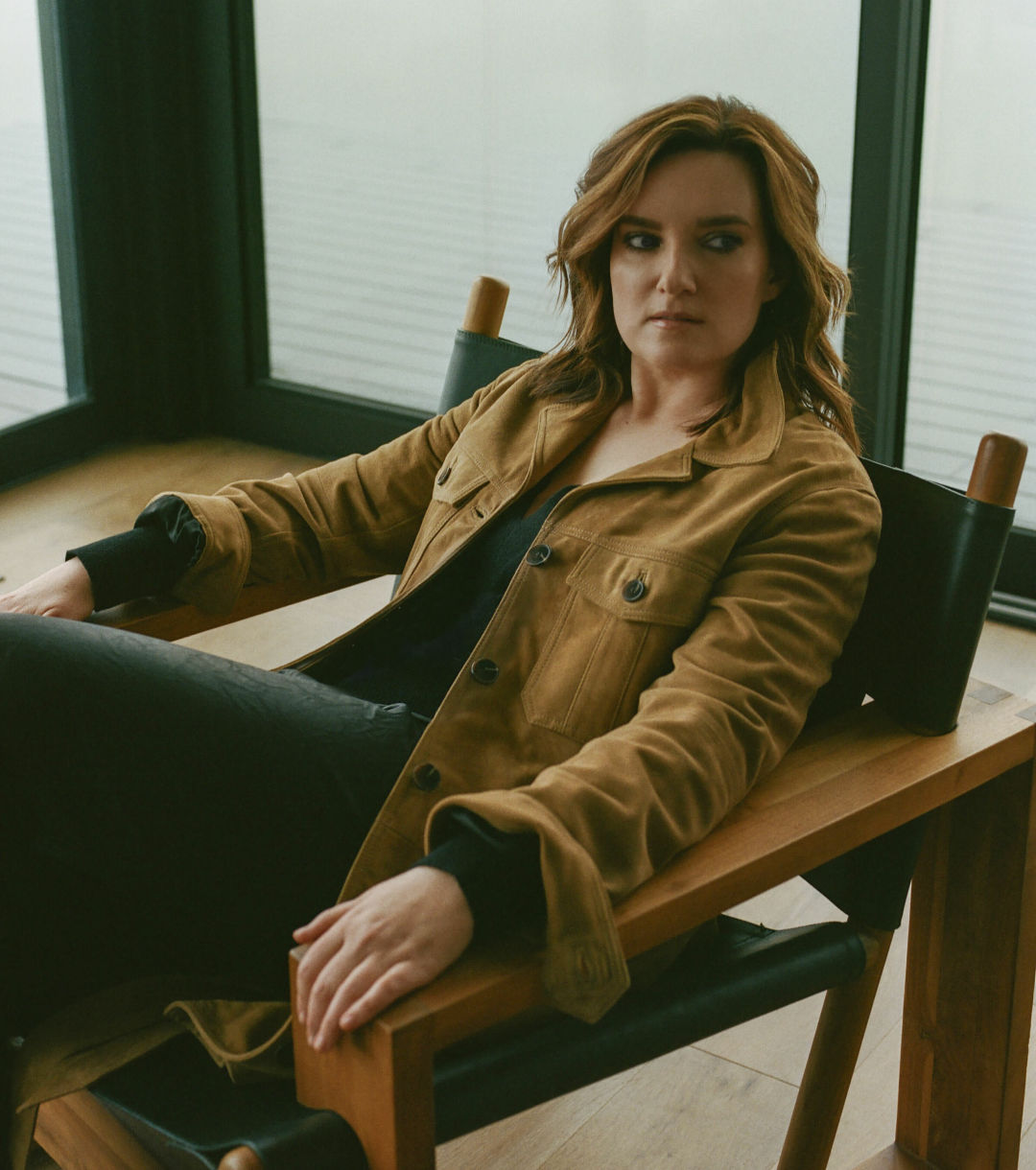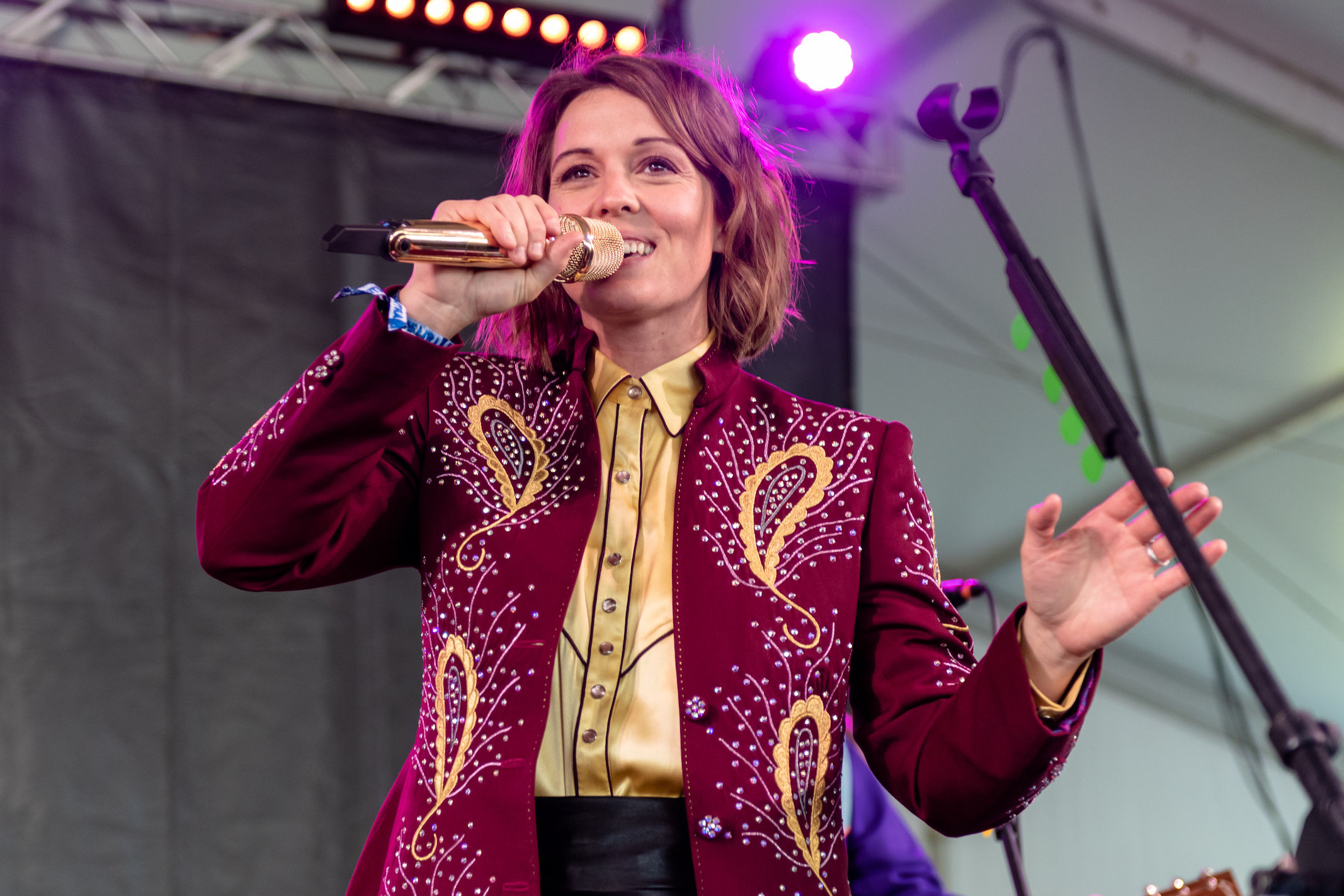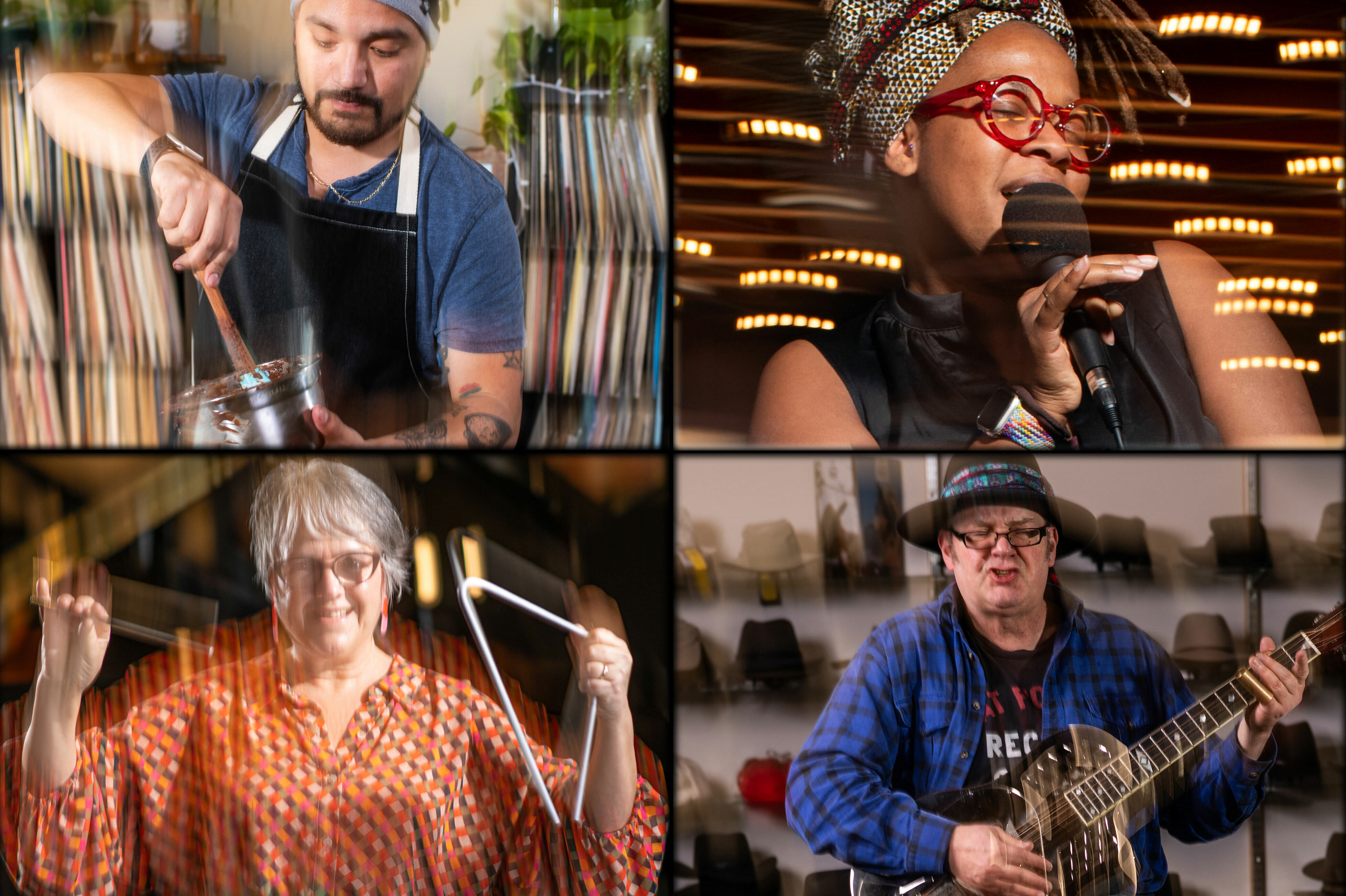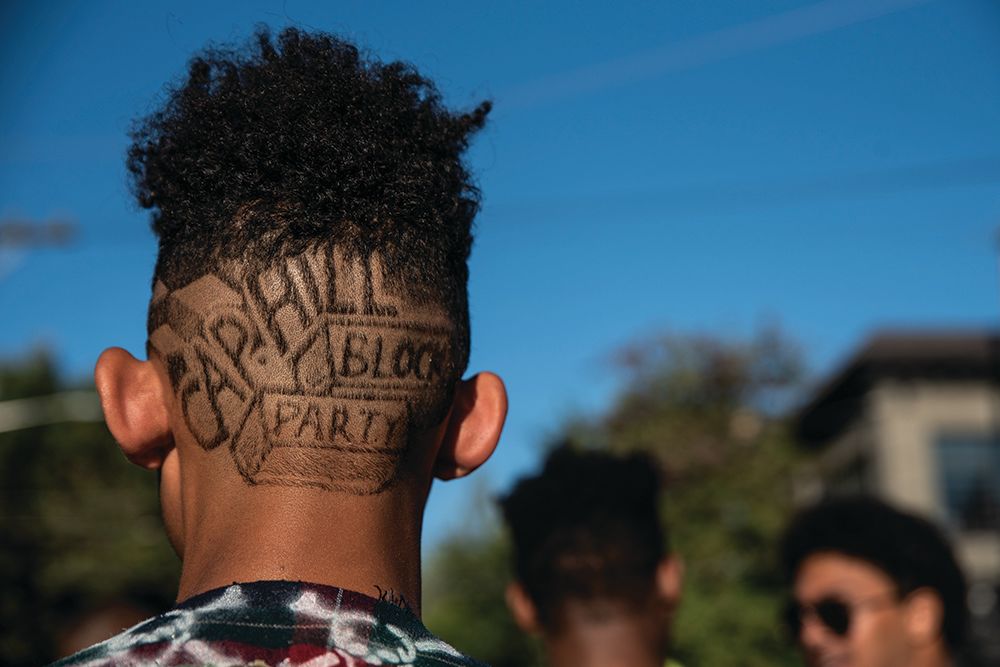Brandy Clark Finds Americana Music Right Here at Home

Brandy Clark’s newest album evokes her Washington childhood.
“Small towns get a bad rap,” laments singer-songwriter Brandy Clark. But when she thinks of Morton, the timber town south of Mount Rainier where she grew up, she remembers that when her father died in a logging accident, the amassed mourners were so numerous the memorial service had to be held in the school gym. Small-town affection runs through Clark’s impressive catalog of country songs, some recorded by megastars like Reba McEntire and Miranda Lambert, and others on her own albums. Even the Tony-nominated Broadway musical she cowrote, Shucked, celebrates the rural life, with a dollop of self-deprecation. But Clark didn’t focus on her Northwest roots until her self-titled release last year, with a production assist from name-twin and fellow local Brandi Carlile. The album garnered five Grammy nominations and Americana cred, proving that, in the hands of a fearless singer-songwriter, small towns are a big deal.
My childhood was idyllic. We didn’t have money, but no one did in Morton.
We knew a lot of happiness. And we knew a lot of music.
I always felt lucky that my treasure trove of musical influences goes back. I have a deeper well than a lot of people my age.
My parents weren’t listening to Merle Haggard and Loretta Lynn, but my grandparents were.
I always remember my ninth birthday because I thought it was so symbolic of who I was and am. My dad got me a softball mitt and my mom got me a cassette tape of Patsy Cline’s Greatest Hits.
We went to things like the Folklife Festival, and the first concert I went to was Ronnie Milsap at the Puyallup Fair.
Country music and Americana music and roots music is storytelling music to me. The songs really, really do matter in country.
Even though I love songs [written for other artists], I don’t feel attached to them. If I feel attached to a song, I keep it for me.
I wrote a song called “Get High.” I was writing something risqué, because at the time, marijuana was not legal anywhere, you know?
It was telling a bleak story about a woman who’s just kind of surviving her life by getting high. I started to see, “Oh, I think of life as a dark comedy.”
I remember a publisher telling me early on to stop listening to the radio. I wanted to get songs on the radio. And he said to me, you have to be 18 months ahead of it [as a songwriter]. I’ve never been very good at chasing, I’ll say that.
I was definitely a late bloomer; I had no idea I was gay. It wasn’t something I discovered until I was in Nashville and fell in love for the first time.
I think the only thing that grows in the closet are mushrooms and mold. And I’m not either of those things.
Part of me thought, “Well, that’s something that would keep me from being a major-
label recording artist.” Now, I was wrong about that. Thank God.
Being my authentic self really opened up doors for me.
Here’s the great thing about Brandi and I—we have as much not in common as we have in common. That’s why we’re perfect.
Brandi said, “I think you’re straddling the country and Americana lanes. And I can pull you over into Americana with production.”
She said, “I see [the new album] as your return to the Northwest.” That was so
intriguing to me. I’d never written about the Northwest.
I wrote about not just where I’m from, but who I’m from.




